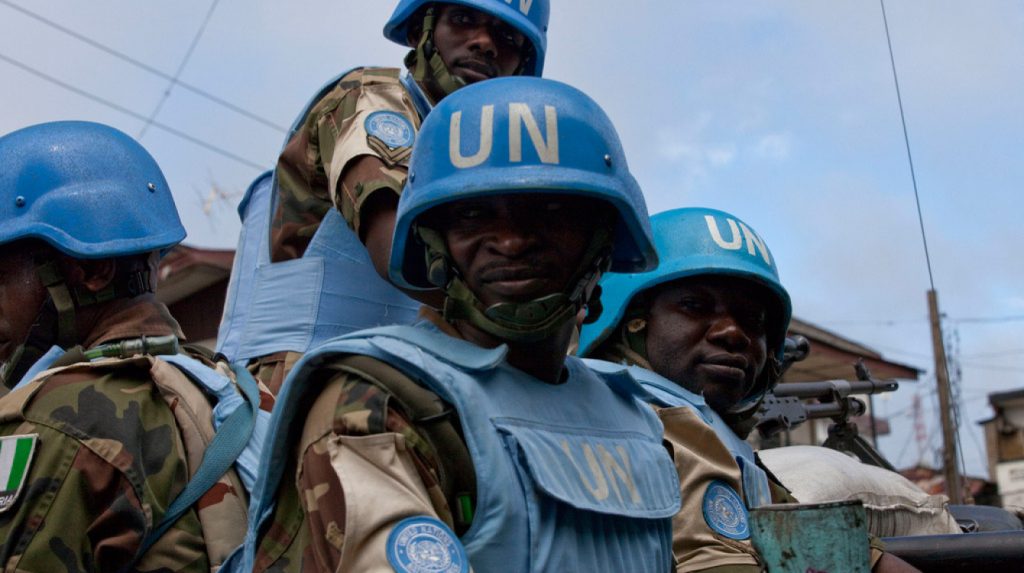Thousands of Liberian refugees, who fled the country’s civil war more than 30 years ago, are now returning to their homeland but face immense challenges in rebuilding their lives.
Joyce Mamie Wolo, 50, is one such returnee who, like many others, spent decades in a refugee camp in Ghana. Despite returning to Liberia in a recent wave of repatriations, she has lost contact with her family and now finds herself starting life from scratch.
Wolo, along with her three children born in Ghana, has been living in a refugee transit centre near Monrovia for three months. With little prospect of permanent housing or employment, she expressed the difficulties of re-entering a society that has changed since she left.
“We were out of the country for a very long time so to just come back and rush into the society it’s not easy,” Wolo said, adding that her children were missing out on schooling.
Liberia’s civil wars, which occurred between 1989 and 2003, were marked by extreme violence and the use of child soldiers.
According to the United Nation’s Refugee Agency, around 750,000 people were displaced either within the country or to neighbouring nations like Ivory Coast, Guinea, Sierra Leone, and Ghana. An estimated 250,000 lives were lost during the conflicts.
In Ghana, the Buduburam refugee camp became home to approximately 38,000 Liberian refugees at the height of the crisis. Though many were later repatriated through international programmes, Ghanaian authorities demolished the camp in February 2024, forcing the remaining refugees to leave.
The Liberia Refugee Repatriation and Resettlement Commission (LRRRC) launched a new wave of voluntary repatriations in May 2024, funded by the Liberian government. Over 1,500 refugees have returned so far, with plans to repatriate an additional 2,761 by the year’s end.
Timothy Jackson, 43, fled Liberia at the age of nine and spent most of his life in Ghana. After his two-bedroom home in the Buduburam camp was demolished, he decided to return to Liberia with his son, leaving behind his wife and three other children in Ghana.
Jackson, who used to work as a driver and mechanic, now struggles to find employment and adequate food at the transit centre where they are staying. “It hurts me every time I talk about this,” Jackson said, reflecting on the difficulty of supporting his family.
Many returnees face similar challenges. Rachel Barwon, 29, is a Ghanaian-born Liberian who had never set foot in Liberia before her repatriation.
“We don’t have any identity here, except for being born to Liberian parents,” she said, explaining the difficulties of adjusting to life in Liberia.
The LRRRC has provided financial assistance to returnees, offering $300 to each family head and $225 to each dependent. However, many, including Wolo and Jackson, say the funds are insufficient to cover basic needs like rent and living expenses.
A. J. Armah Karneh, the LRRRC’s deputy executive director, confirmed that the government had allocated over $1.3 million for repatriation efforts. He also mentioned that steps are being taken to enrol school-age children in education, though no specific timeline was provided for the complete reintegration of returnees, particularly those who have lost contact with their families.

